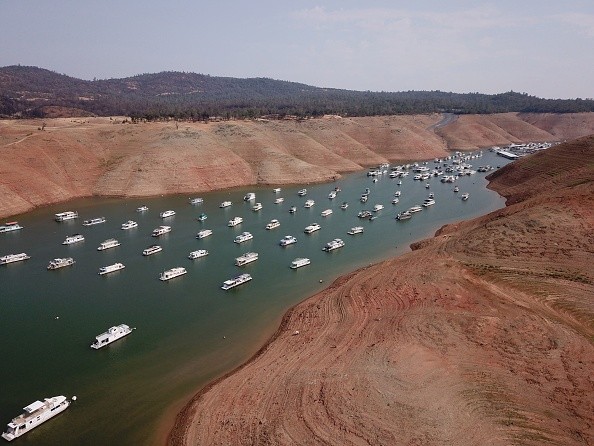As if the extremely serious water situation in the Western region wasn't bad enough, it could even worsen. The water use in California could really boost carbon emissions if water efficiency actions aren't taken.

Greatest Electricity Consumer in the California
A new report from Next 10 - nonprofit think tank - released Thursday and the Pacific Institute researchers roughly calculated that if water use and demand remain the same in California, population growth implies that urban demand for water could rise by 24% by 2035.
In turn, that could drive up electricity use that is water-related by 21% over that same time duration, and will be accompanied by a 25% increase in natural gas use.
It takes so much energy to keep water flowing and present all over a state as big as California. California's State Water Project, the delivery system, and the state storage is the single greatest electricity consumer in the state.
Past studies have roughly calculated that all the systems meant to deliver and treat water for the residents in the state are responsible for a whopping 20% of electricity usage in California yearly.
Also Read : Due to Historic Drought, US Declares Water Shortage on Colorado River That Supplies 40 Million People
California's System of Moving Water
The system needs about 88 billion gallons of diesel annually, and a great amount devoted to pumping of groundwater. Hot water heaters also consume a third of California's natural gas that's not filled into power plants.
The founder of Next 10, Noel Perry, said: "In California, we have a great aqueduct system of moving water, and you need a lot of pumps to move the water. It's very mechanical. In order to move it, you need electricity to power these machines and pumps to move the water.
Then, every house has a way of heating water, and most of the ways in which it's heated is natural gas. Then, with things like wastewater treatment plants, you need to move the water into the plant, process the water, and move it out. That all takes electricity to perform those processes."

Water Consumption
Not all water consumption is made equal. Agriculture consumes so much actual water resources in California, while urban interior water use is very much more energy-intensive. That's clear: Residents making use of water in their house need it cleaned, heated, treated, and gotten rid of.
In recent years, farmers and ranchers have been compelled to pump more as levels of groundwater reduce - which consumes electricity. The report discovered that urban water use is still two times as energy-consuming as agricultural use.
Some answers are being initiated and popularized so as to make new water sources for urban residents, like treating already used water and desalination.
With regard to energy use, these alternatives are better than conveying water far distances, the report said, but they're still more energy-consuming than pulling from a reservoir that is well-managed and can be better sustained with efficiency measures.
Related Article: Worsening Climate Crisis May Intensify Global Water Shortage, Says New Report
Foe more news, updates about water shortage and similar topics don't forget to follow Nature World News!
© 2025 NatureWorldNews.com All rights reserved. Do not reproduce without permission.





